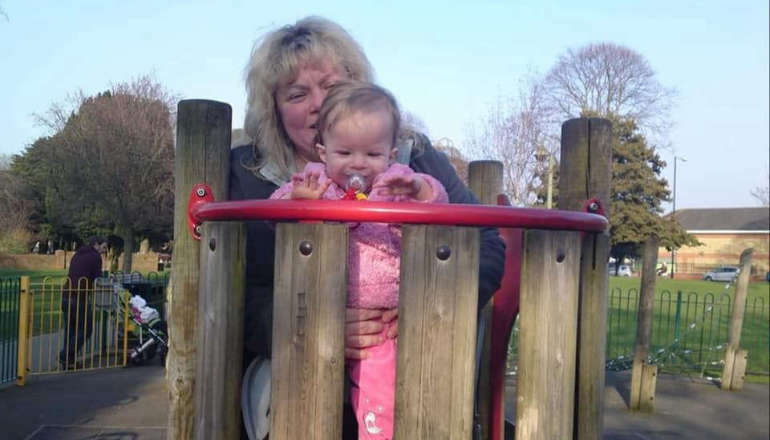
Coping with bereavement is an intensely personal journey, marked by a range of emotions and challenges.
Grief, the natural response to loss, manifests in various ways—shock, denial, anger, sadness, and eventually acceptance. Each person’s experience with grief is unique, and there is no “right” way to navigate through it. However, there are strategies that can aid in the healing process.
One of the most important steps in coping with bereavement is allowing oneself to grieve. Suppressing emotions can lead to prolonged pain and delayed healing. It’s crucial to acknowledge the loss and understand that it’s okay to feel overwhelmed. Expressing emotions, whether through crying, talking, or writing, can help release the built-up tension and bring a sense of relief.
Seeking support is another vital aspect of coping. Sharing the grief with family, friends, or a support group can provide comfort and understanding. Others who have experienced similar losses can offer valuable insights and reassurance that the feelings of grief are normal. Professional help, such as therapy or counselling, can also be beneficial, especially if the grief becomes too overwhelming to handle alone.
Maintaining routines and self-care is essential during this time. While grief can make daily tasks feel insurmountable, sticking to a routine can provide a sense of stability and normalcy. Eating well, exercising, and ensuring adequate rest are critical to maintaining physical health, which can influence emotional well-being.
Lastly, it’s important to be patient with oneself. Grief doesn’t follow a set timeline, and it can resurface unexpectedly. Giving oneself permission to grieve and heal at their own pace is key. With time, the intensity of grief often lessens, and life can gradually regain a sense of balance, though the memory of the loss remains.


 Schools Come Out In Force To Support "Wear What Makes You Happy" Fundraiser For Arlo Lambie
Schools Come Out In Force To Support "Wear What Makes You Happy" Fundraiser For Arlo Lambie
 Entertainment Guide: February 2025
Entertainment Guide: February 2025
 What to Watch in February 2025
What to Watch in February 2025
 Island Update: January 2025
Island Update: January 2025
 Ryde Rotary Centenary: 100 Years Strong
Ryde Rotary Centenary: 100 Years Strong
 Home Style: Scandi Island Life
Home Style: Scandi Island Life
 What to Watch in January 2025
What to Watch in January 2025
 Entertainment Guide: January 2025
Entertainment Guide: January 2025
 Memorial Held Following Death Of Kezi's Kindness Founder Nikki Flux-Edmonds
Memorial Held Following Death Of Kezi's Kindness Founder Nikki Flux-Edmonds
 Mountbatten Inviting Islanders To Sign Up For 2026 Lapland Husky Trail
Mountbatten Inviting Islanders To Sign Up For 2026 Lapland Husky Trail
 Home Style: Winter Wonderland
Home Style: Winter Wonderland
 Help Available For Islanders To Cut Energy Bills
Help Available For Islanders To Cut Energy Bills
 Island Update: December 2024
Island Update: December 2024
 New Home For Citizens Advice Isle Of Wight
New Home For Citizens Advice Isle Of Wight
 The Alternative Guide to Christmas Gifts
The Alternative Guide to Christmas Gifts
 Island Family Launches Appeal For Teenage Son With Brain Tumour
Island Family Launches Appeal For Teenage Son With Brain Tumour
 What to Watch in December 2024
What to Watch in December 2024
 A Gardener’s Best Friend: The Story of Bob the Robin
A Gardener’s Best Friend: The Story of Bob the Robin
 Memorial Quilt To Be Displayed On The Island
Memorial Quilt To Be Displayed On The Island
 Island Author Celebrating Amazon Number One
Island Author Celebrating Amazon Number One